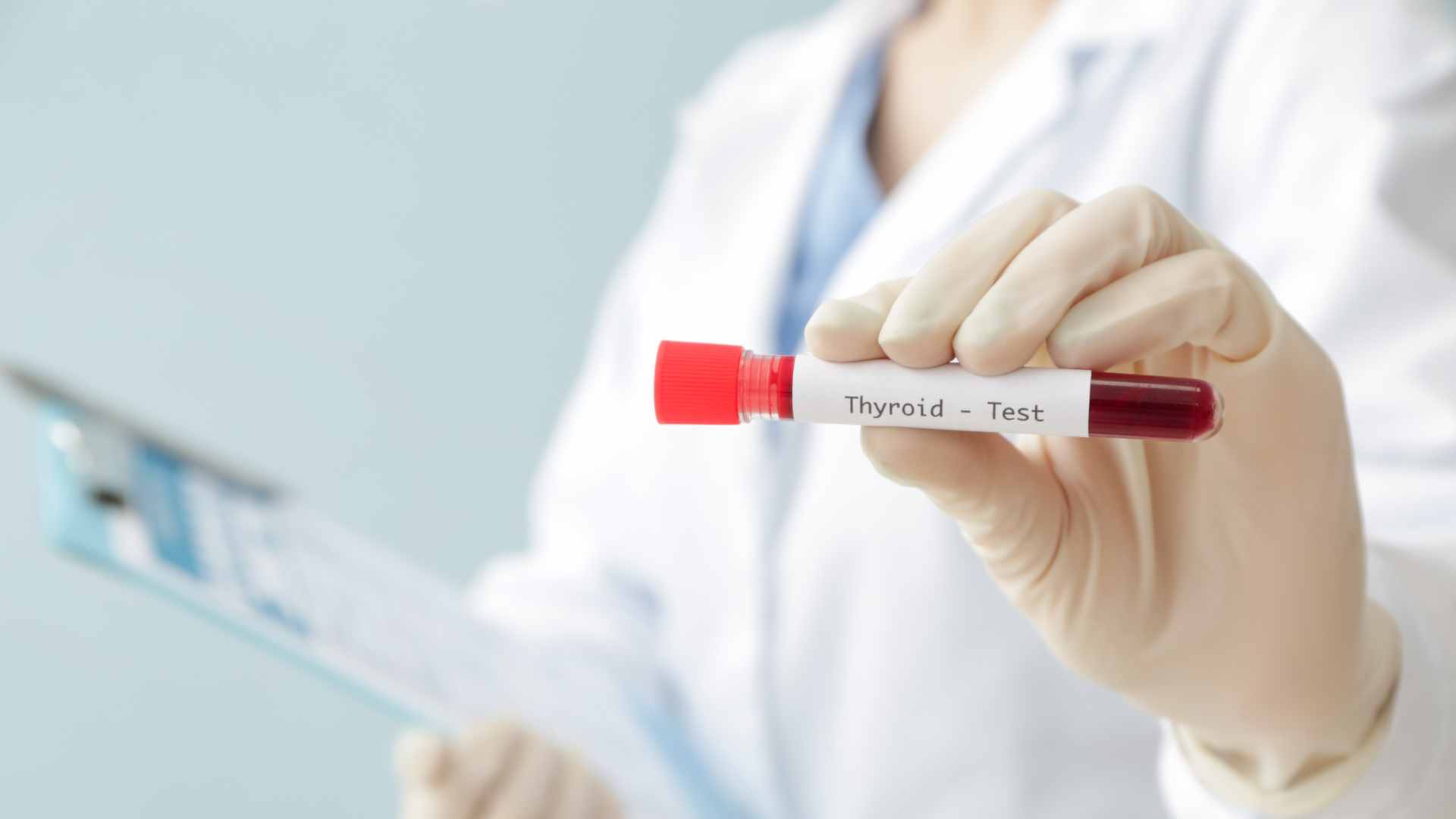Hormone Support Doctor Miami: What Causes Hormonal Imbalance?

Hormonal imbalances occur for myriad reasons, necessitating the expertise of a Hormone Support Doctor in Miami. Primarily, the root cause of an imbalance hinges on the specific hormones in disarray. Various conditions can precipitate these imbalances, each with distinct triggers and effects on the body’s equilibrium.
Diabetes
Firstly, diabetes emerges as a primary catalyst for hormonal disruption. This condition, by skewing insulin levels, directly impacts the body’s ability to manage sugar, leading to significant hormonal fluctuations. Similarly, thyroid-related issues such as hypothyroidism and hyperthyroidism represent another major group of causes. Hypothyroidism, characterized by an underactive thyroid, slows down metabolic processes, while hyperthyroidism accelerates these processes due to an overactive thyroid. Both conditions underscore the thyroid’s critical role in maintaining hormonal balance.
Hypothyroidism or Underactive Thyroid
Moreover, hypogonadism, affecting the production of sex hormones, underscores the complexity of hormonal health. This condition, by disrupting the balance of testosterone or estrogen, can have profound implications on reproductive and overall health. Furthermore, Cushing syndrome, caused by excessive cortisol, highlights the impact of stress hormones on the body’s homeostasis.
Hyperthyroidism or Overactive Thyroid
Thyroiditis, an inflammation of the thyroid, together with hyperfunctioning thyroid nodules, contributes to the intricate web of causes leading to hormonal imbalance. These conditions, by affecting thyroid hormone production, underscore the delicate balance required for optimal health. Additionally, tumors, whether benign or malignant, can exert undue influence on hormone levels, further complicating the hormonal landscape.
Hypogonadism
Initially, understand that hypogonadism disrupts hormone balance, primarily affecting testosterone levels in men. Consequently, this leads to a spectrum of symptoms, ranging from fatigue to a decrease in muscle mass. Furthermore, treatment strategies primarily focus on hormone replacement therapy, aiming to restore hormonal balance. Thus, patients experience significant improvements in symptoms and quality of life.
Cushing Syndrome
Predominantly, Cushing Syndrome emerges from excessive cortisol exposure. Notably, this condition can develop due to prolonged use of corticosteroid medication or adrenal tumors. Therefore, diagnosing Cushing Syndrome involves a series of tests, including urine, blood, and saliva analysis. Consequently, treatment varies, encompassing medication adjustments, surgery, or radiation, targeting the underlying cause effectively.
Thyroiditis
Initially, Thyroiditis refers to the inflammation of the thyroid gland, leading to a variety of thyroid function disorders. Importantly, it can cause hypothyroidism or hyperthyroidism, depending on the phase of the condition. Consequently, treatment focuses on managing symptoms and restoring thyroid function, often involving hormone therapy or anti-inflammatory medication, thereby aiming to stabilize the patient’s condition.
Hyperfunctioning Thyroid Nodules
Hyperfunctioning thyroid nodules autonomously produce thyroid hormone, bypassing normal regulatory mechanisms. Consequently, they can lead to hyperthyroidism, characterized by weight loss, palpitations, and excessive sweating. Therefore, treatment options include radioactive iodine therapy, antithyroid medications, or surgery, aiming to reduce hormone production and alleviate symptoms effectively.
Tumors
Primarily, tumors can be benign or malignant, affecting various body parts. Importantly, they disrupt normal tissue function. Consequently, diagnosing tumors involves imaging studies and biopsy. Furthermore, treatment options range from surgical removal, radiation therapy, to chemotherapy, focusing on eliminating or reducing the tumor size, thereby aiming to restore normal function and improve prognosis.
Congenital Adrenal Hyperplasia
Lastly, congenital adrenal hyperplasia, a genetic disorder affecting steroid hormone production, exemplifies the varied and intricate nature of hormonal imbalances. This condition alters the production of cortisol, aldosterone, or sex steroids, underscores the importance of a nuanced approach to hormone support.

